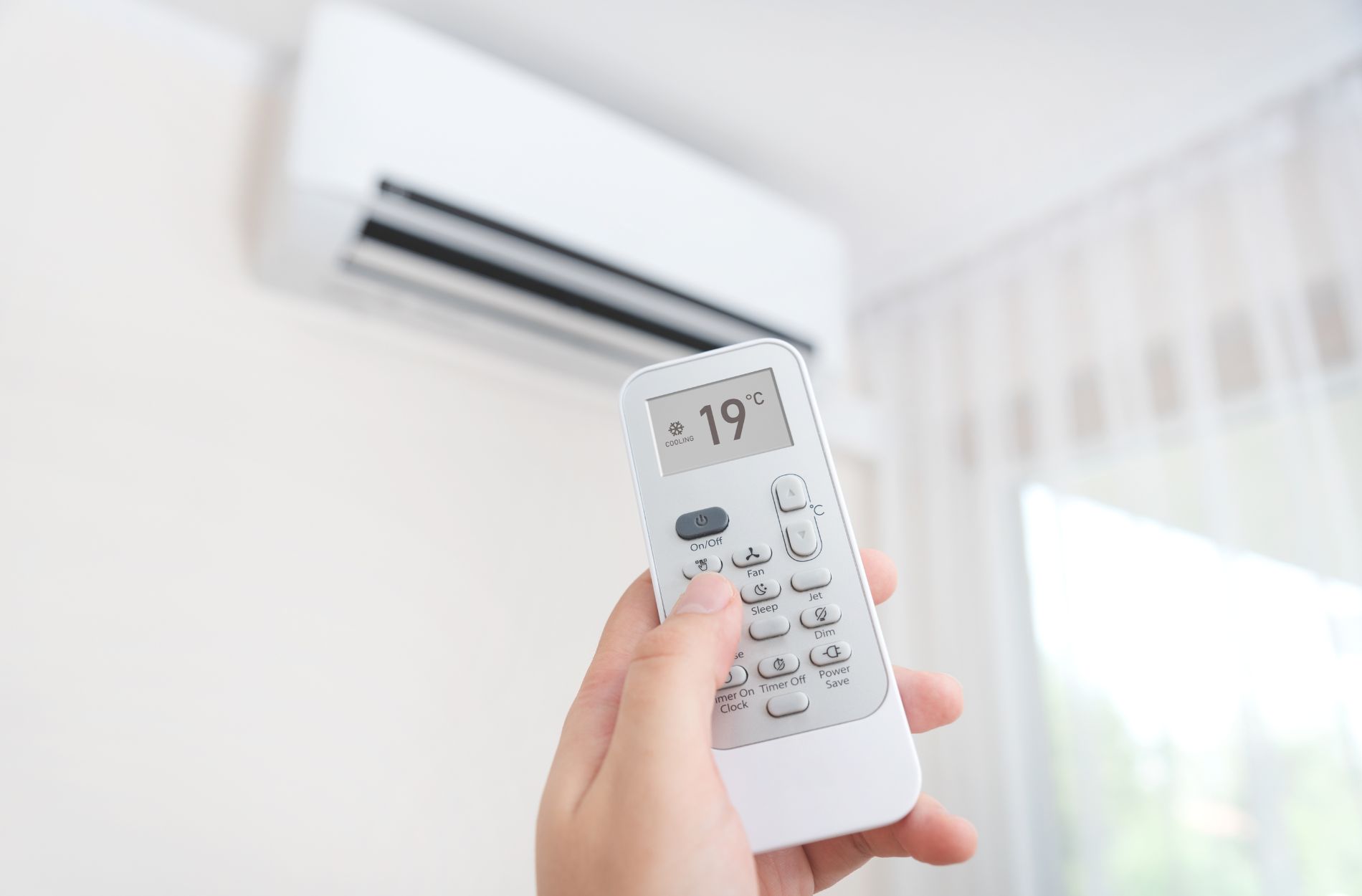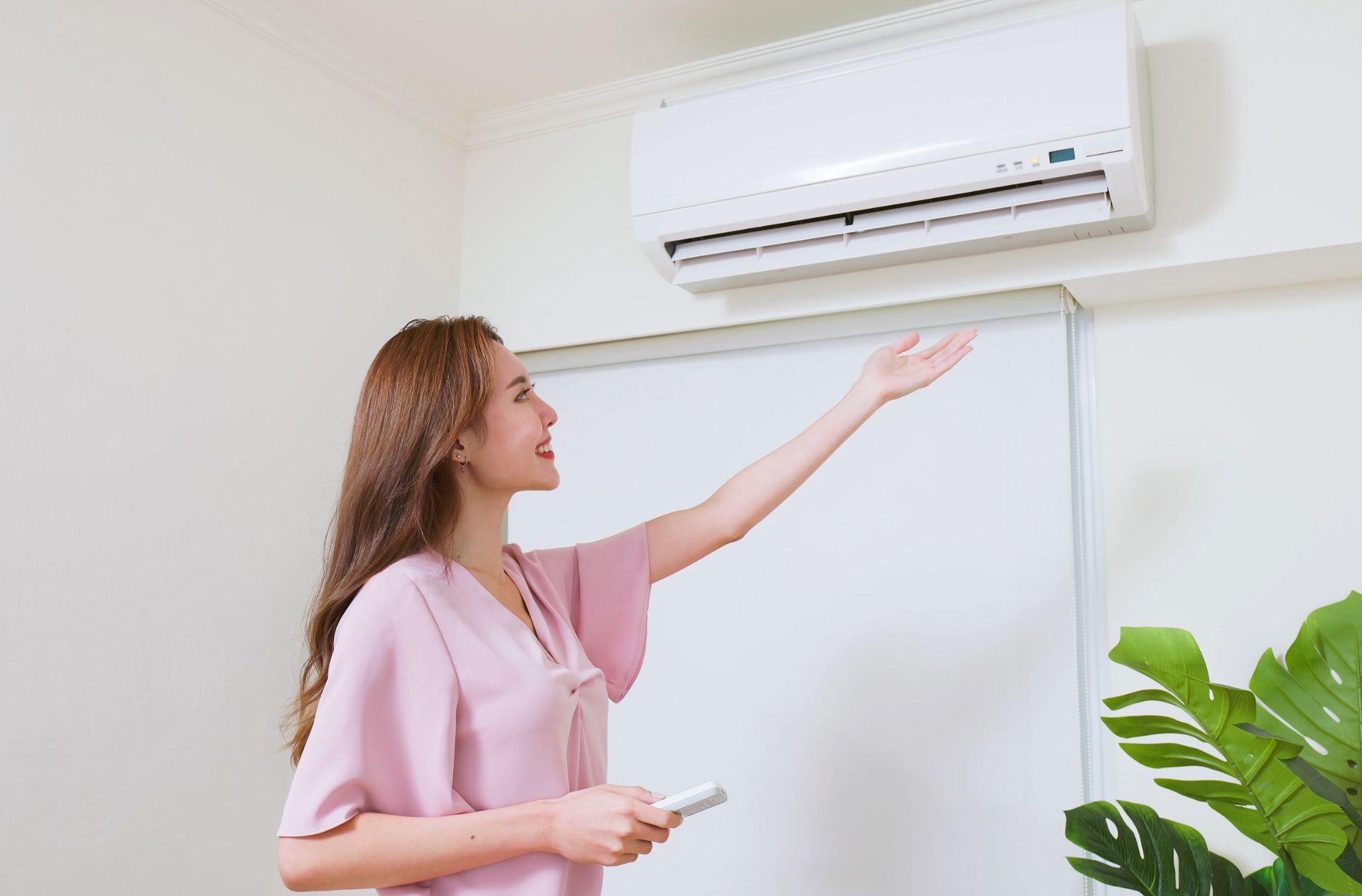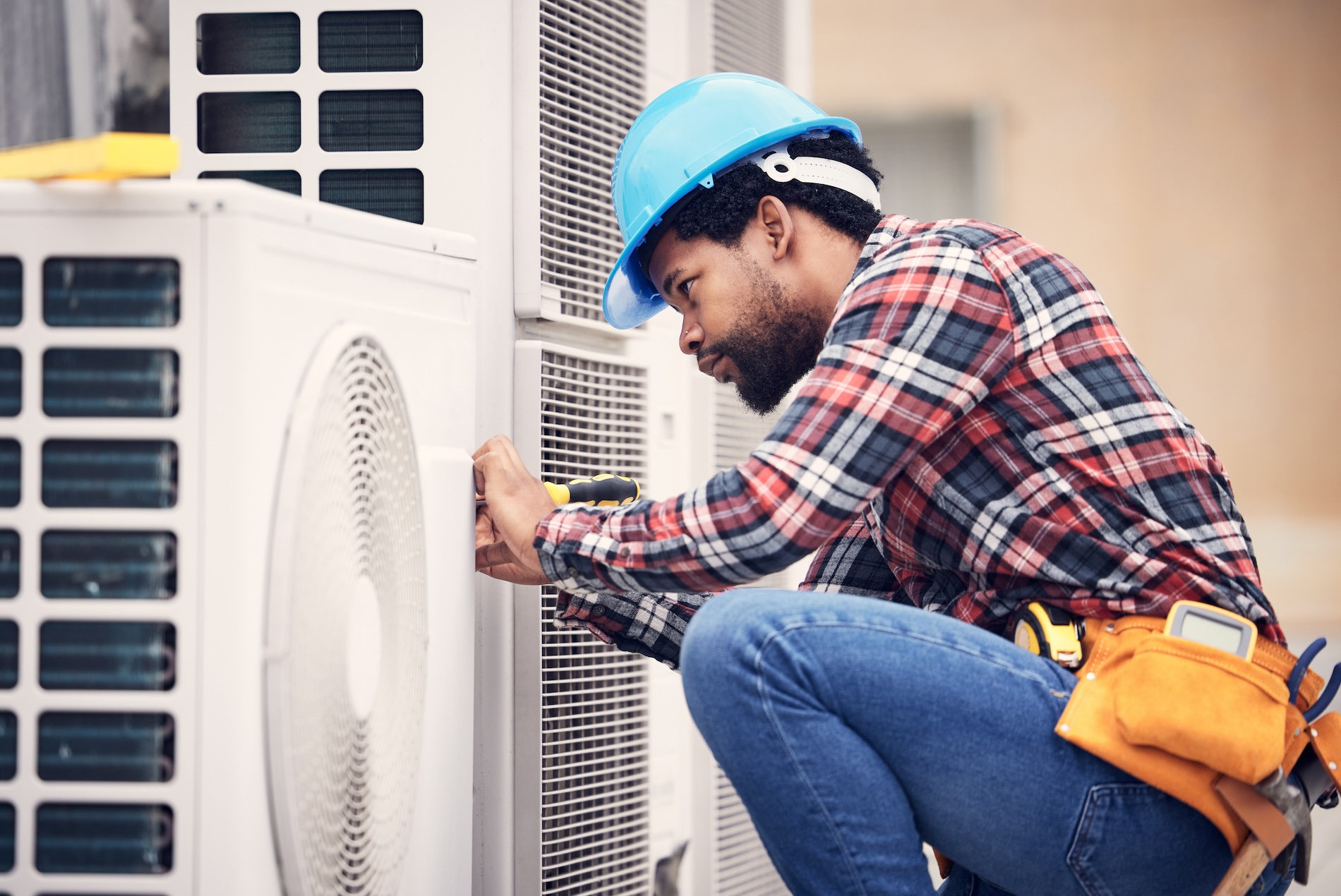If you find unexplained water near your indoor AC unit, it’s usually not from spilled drinks or pets. Many homeowners in Lake Elsinore experience water leaks from their air conditioning systems, especially during high-use summer months. While the leak might seem minor at first glance, it can quickly lead to stained walls, musty odors, and even major water damage if left unchecked. Understanding where the water is coming from and what might be causing the issue is the first step to stopping leaks and protecting your home.
Water leaks from AC units don’t just waste water—they point to system problems that could reduce efficiency or signal upcoming breakdowns. Whether the leak has just started or it’s been gradually getting worse, ignoring it isn’t an option. Homeowners who act early can avoid more expensive repairs and keep their homes feeling comfortable and dry. Knowing what to look for and when to act can make all the difference.
Common Causes Of AC Water Leaks
When an air conditioner is working properly, it pulls moisture from the air and drains it outside through a condensate line. But if that moisture isn’t able to drain correctly, it builds up and eventually leaks indoors. This type of problem is common in Lake Elsinore, especially during peak summer heat when systems run more frequently. Here are the most common reasons this happens:
1. Clogged Condensate Drain Line
Over time, debris like dirt, dust, or mold can clog the condensate drain line. Once blocked, the moisture pulled from the air has nowhere to go and backs up into the unit. This can cause constant dripping or noticeable pooling around the unit.
2. Frozen Evaporator Coils
When airflow is restricted or refrigerant levels drop too low, the evaporator coils can start to freeze. Eventually, the ice melts and overflows the drain pan. This process can repeat unless the root of the freezing is fixed.
3. Damaged or Rusted Drain Pan
Drain pans are designed to hold moisture and direct it to the drain line. Over time, they can rust, crack, or develop holes, especially in older AC units. Once the pan is no longer intact, water can leak out and soak the surrounding area.
Each of these problems starts small, but if not addressed, they can lead to serious water damage and mold growth. What begins as a small drip can turn into soaked carpet or drywall damage if left too long. That’s why it’s important to spot these signs early and take action before repairs become much larger.
How To Identify An AC Water Leak
Some leaks are obvious. Others develop slowly, only becoming noticeable once damage has started to occur. Being familiar with the signs of an AC water leak can help you catch issues early and avoid costly repairs. Here’s what homeowners in Lake Elsinore should keep an eye out for:
- Pooled water near your indoor AC unit or vents
- A musty or moldy smell coming from around the unit
- Dripping noises near the AC when it’s running
- Ceiling or wall stains near where your system is located
- Noticeable increase in indoor humidity, even with AC running
It’s a good habit to inspect your unit visually during the summer months. Take a quick look once or twice a week while the system is running. Look for condensation buildup, any signs of standing water, or rust forming where it shouldn't. If something seems unusual, it’s best to get ahead of it. Spotting an issue early means less damage and a faster fix.
Preventive Measures To Avoid AC Water Leaks
Preventing water leaks from your AC system doesn’t require complicated steps. A small amount of regular attention during the summer goes a long way. Homeowners in Lake Elsinore who stay on top of maintenance usually avoid the bigger repair surprises. Leaks often show up because the system got ignored during a busy schedule or a key component wore down over time. Knowing where things can go wrong allows you to stop leaks before they start.
Here are some preventive steps to reduce the chances of an AC water leak:
- Replace your air filters every 1-2 months during high-use seasons
- Keep the area around the indoor unit clear of dust, clutter, and stored items
- Pour a small amount of vinegar or warm water into the drain pan to help keep the drain line from getting blocked
- Schedule standard maintenance once or twice a year so our technicians can clean and check drainage components
- Watch for signs of strain such as short cycling, weak airflow, or inconsistent indoor temperatures
Routine inspections provide peace of mind. Even if nothing seems off, checking components like the drain pan and line can help catch problems early. When filters get clogged, airflow gets restricted and other parts of the unit begin to struggle. That’s how ice starts to form and leaks begin. Clean components work together better and typically last longer. If you’ve ever found a small amount of water near your indoor unit but dismissed it, now’s the time to double-check that everything is working as it should.
What To Do If You Experience An AC Water Leak
When water is already leaking out of your AC system, time matters. Even a small amount of moisture over a few hours can cause drywall damage or flooring problems. Acting right away keeps the repair process simpler and prevents damage from spreading into your home. The steps don’t need to be complex, and the goal is to reduce further risk until a professional can inspect the system.
Here’s what to do if you find a leak:
1. Turn off your HVAC system at the thermostat to stop more water from forming
2. Safely clean up any standing water using towels or a wet vacuum
3. Check for visible signs of damage around the unit, including bubbling paint or soaked carpet
4. Avoid using the system until it's been looked over and repaired
5. Call our professionals to inspect the cause and prevent a repeat issue
If you’ve had ongoing condensation issues in the same area, avoid assuming it’s due to outdoor humidity. Even in a dry area like Lake Elsinore, improper drainage or coil freezing can lead to noticeable leaks. One local homeowner kept noticing wet baseboards and thought it was a plumbing problem until a service visit revealed a blocked AC drain line. The problem was resolved, but more damage could have been avoided with an earlier inspection.
Keep Your AC Leak-Free And Comfortable In Lake Elsinore
A leaking AC unit can cause more than just inconvenience. It can damage your floors, walls, and even your comfort if ignored. Small leaks often point to larger problems that haven’t been spotted yet. By taking basic maintenance steps, keeping an eye out for warning signs, and acting quickly when a leak begins, you can reduce water damage and avoid more serious repairs.
Air conditioning repair in Lake Elsinore doesn’t need to come after big damage has already been done. Staying ahead of potential issues makes your system more reliable and keeps your home dry and comfortable through the summer. Taking the right approach now helps you avoid extra costs and unnecessary headaches later.
At J & I Heating & Air Conditioning, we know that resolving issues early helps prevent future damage, so if you need air conditioning repair in Lake Elsinore, our professionals are ready to inspect and resolve the problem quickly. For a quick estimate or to book a service visit, please contact us today.
With promotional financing from J & I Heating & Air Conditioning, major purchases don’t have to wait. Get what you want now and pay over time. We proudly offer flexible financing options through GreenSky to help you get the comfort you need without the wait.
















